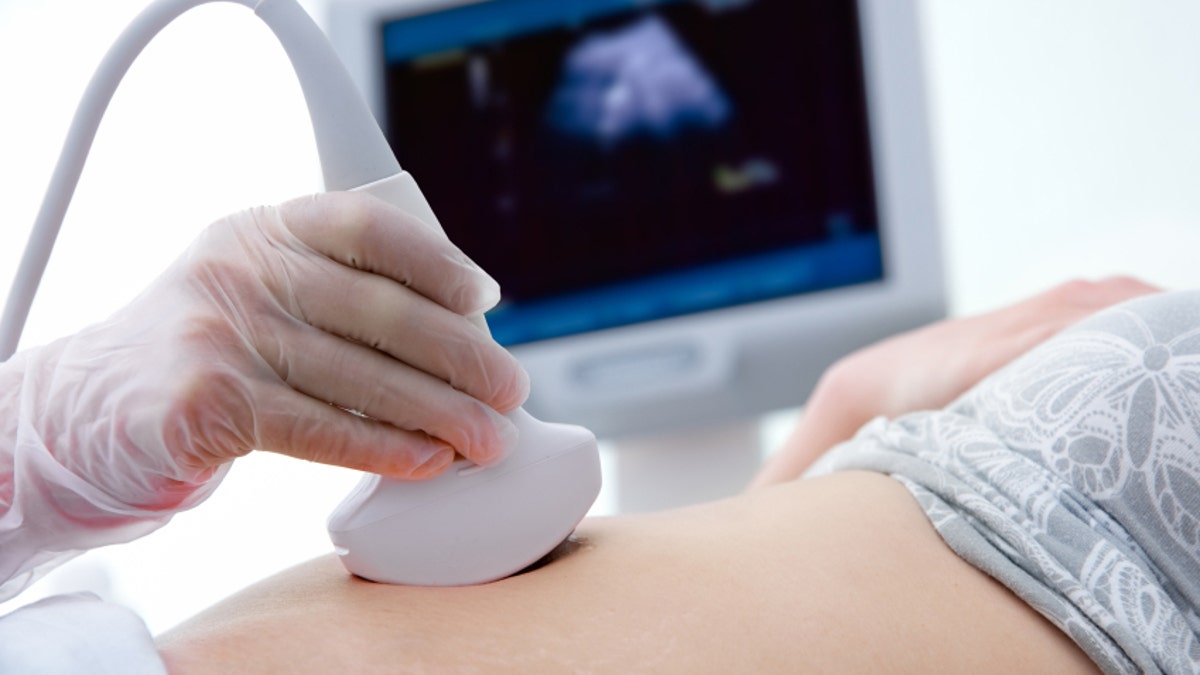
Records from nearly a million women and their newborn children offer new evidence that common antidepressants taken during pregnancy do not increase the risk of having a baby with a heart defect.
The findings may help resolve the longstanding question of whether drugs like paroxetine, sold under brand names such as Paxil, and sertraline (Zoloft) carry serious risks for the fetus.
"I don't know if it will completely settle the debate over antidepressants during pregnancy, but I'm pleased to hear more support for the safety of these medicines in pregnancy," said Dr. Rebecca Starck.
The director of regional obstetrics and gynecology at the Cleveland Clinic in Ohio, Starck was not connected with the new research.
"I think many practitioners and obstetricians will be happy to see this study come out," she told Reuters Health.
"We did not find any association for any of the antidepressant categories or the individual drugs we studied," lead author Dr. Krista Huybrechts of Brigham and Women's Hospital in Boston said. "It will be up to individual physicians and women to determine how much it will sway their opinion one way or the other."
About 10 to 15 percent of pregnant women are diagnosed with depression, the researchers note, making the safety of the drugs an important issue.
In 2005, the U.S. Food and Drug Administration issued an alert about paroxetine based on two studies, warning that it might pose a risk of congenital heart defects, but noting that the benefits might outweigh the risk.
Huybrechts and her colleagues looked at the records of 949,504 pregnant women enrolled in Medicaid, the government-run health insurance for the poor.
Over 64,000 of the women, or almost seven percent, had taken antidepressants during the first three months of pregnancy.
The researchers also checked records for evidence of infant heart problems that appeared up to 90 days after birth.
They found that 72 out of every 10,000 babies not exposed to the drugs were born with a heart defect, compared to 90 out of every 10,000 babies whose mothers had taken antidepressants. That works out to a 25 percent increased risk.
However, that finding didn't take into account that "women with depression often have behaviors that tend to increase their risk" of giving birth to a child with a heart defect, separate from their use of antidepressants, Dr. Huybrechts said.
"They tend to have a high use of alcohol, they tend to be smokers and they use other psychotropic medications that might have some association,” she said.
When the researchers looked only at the 217,342 women with depression, they found the increased risk linked to antidepressants dropped to 12 percent.
And when they further analyzed the data to take into account other risk factors such as diabetes, high blood pressure and indirect measures of depression severity, the extra risk dropped even further, to six percent. That effect was small enough that it could have been due to chance, according to findings published in the New England Journal of Medicine.
The researchers also specifically looked at two drugs. Evidence had suggested that paroxetine might be causing problems in babies with the flow of blood from the right side of the heart to the lungs and that sertraline might increase the risk of ventricular septal defects, where blood backflows through a hole in the heart.
In neither case could they confirm the risk.
"We really don't pick up for any signal of increased risk after we adjust for all of these potential confounding factors and look at a very large group of women," Dr. Huybrechts said.
The work was not financed by any drug company.
Dr. Starck said concerns about the drugs, known as selective serotonin-reuptake inhibitors or SSRIs, have been on the minds of women, particularly those who wrestle with depression during pregnancy.
"I do think women are aware of the concern and are reluctant to take medication for depression and anxiety, and I think that the pregnancy itself carries a lot of potentially additional burden on these women," she said. "And if they're further dissuaded from using the medication, it's really not in their best interest."
"So I think it will help us to empower women to take the best care of themselves during the pregnancy, which may involve taking medications to help with mood disorders," she said.
